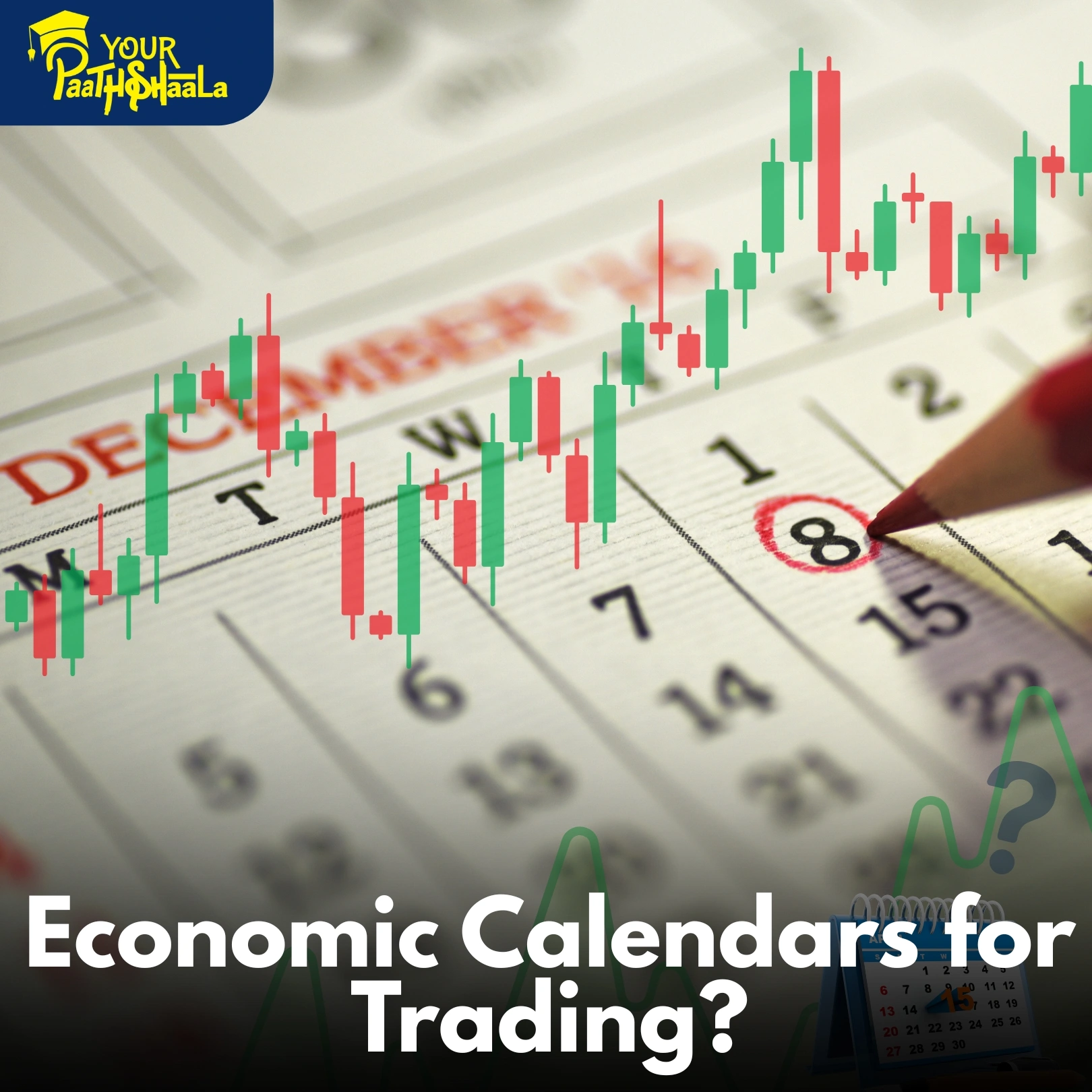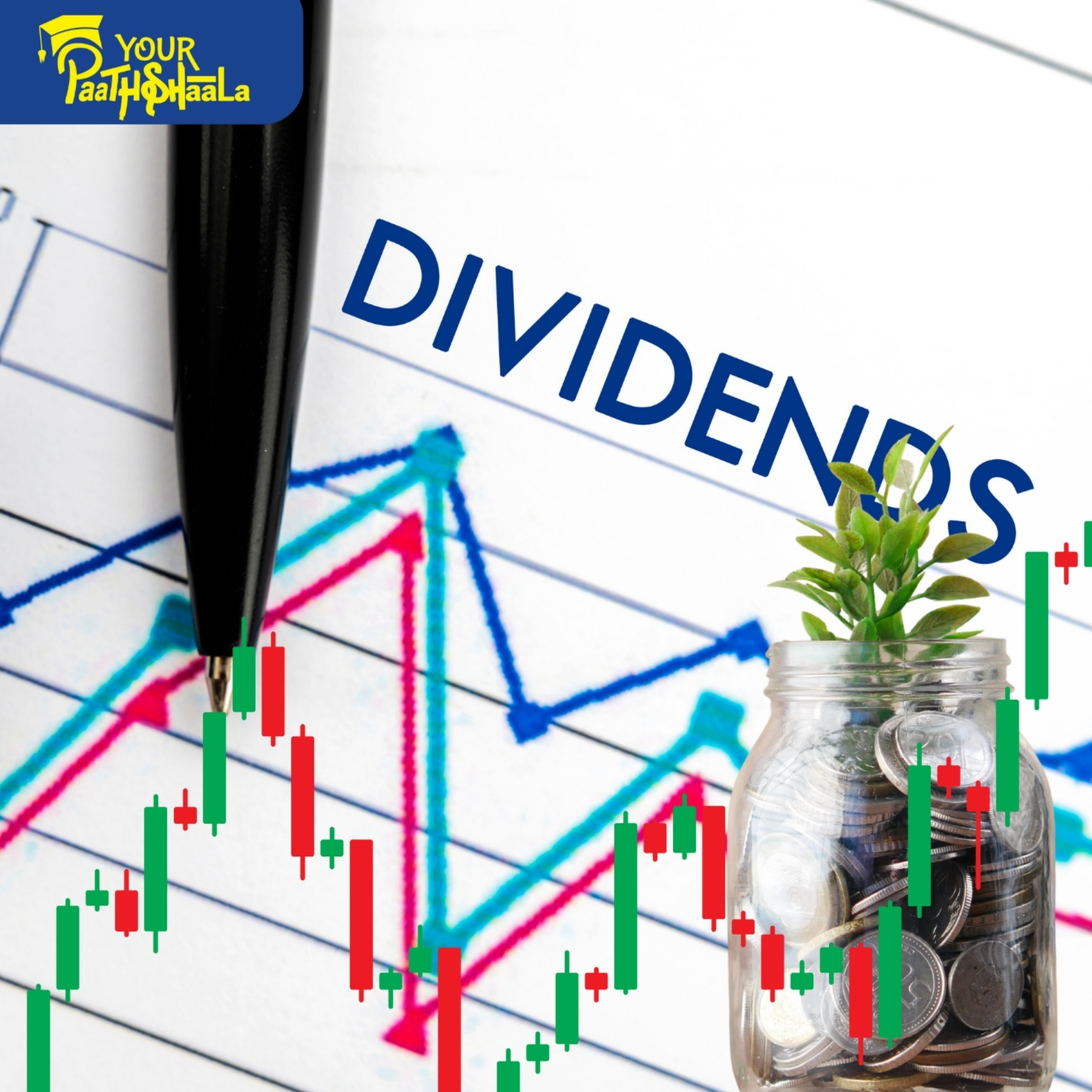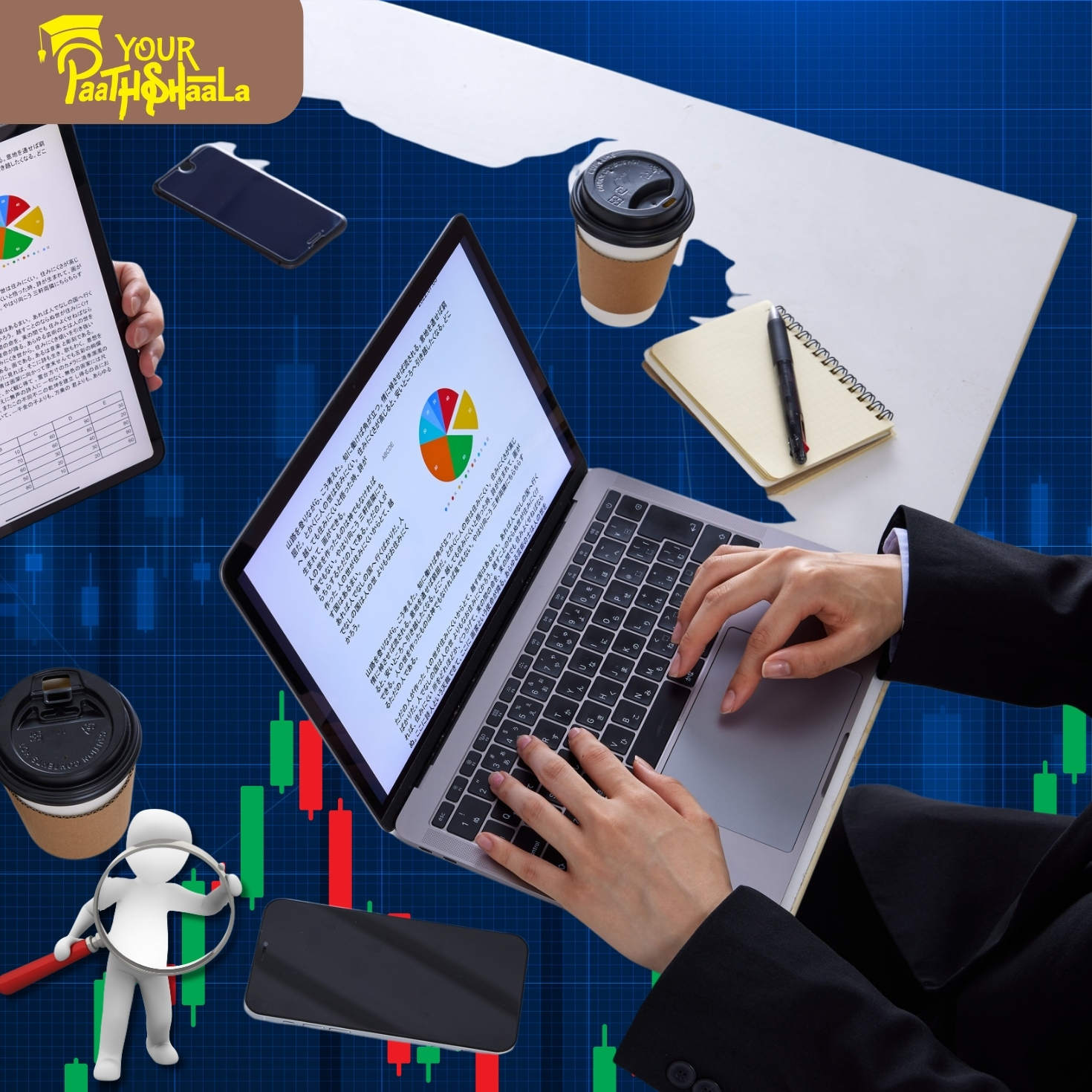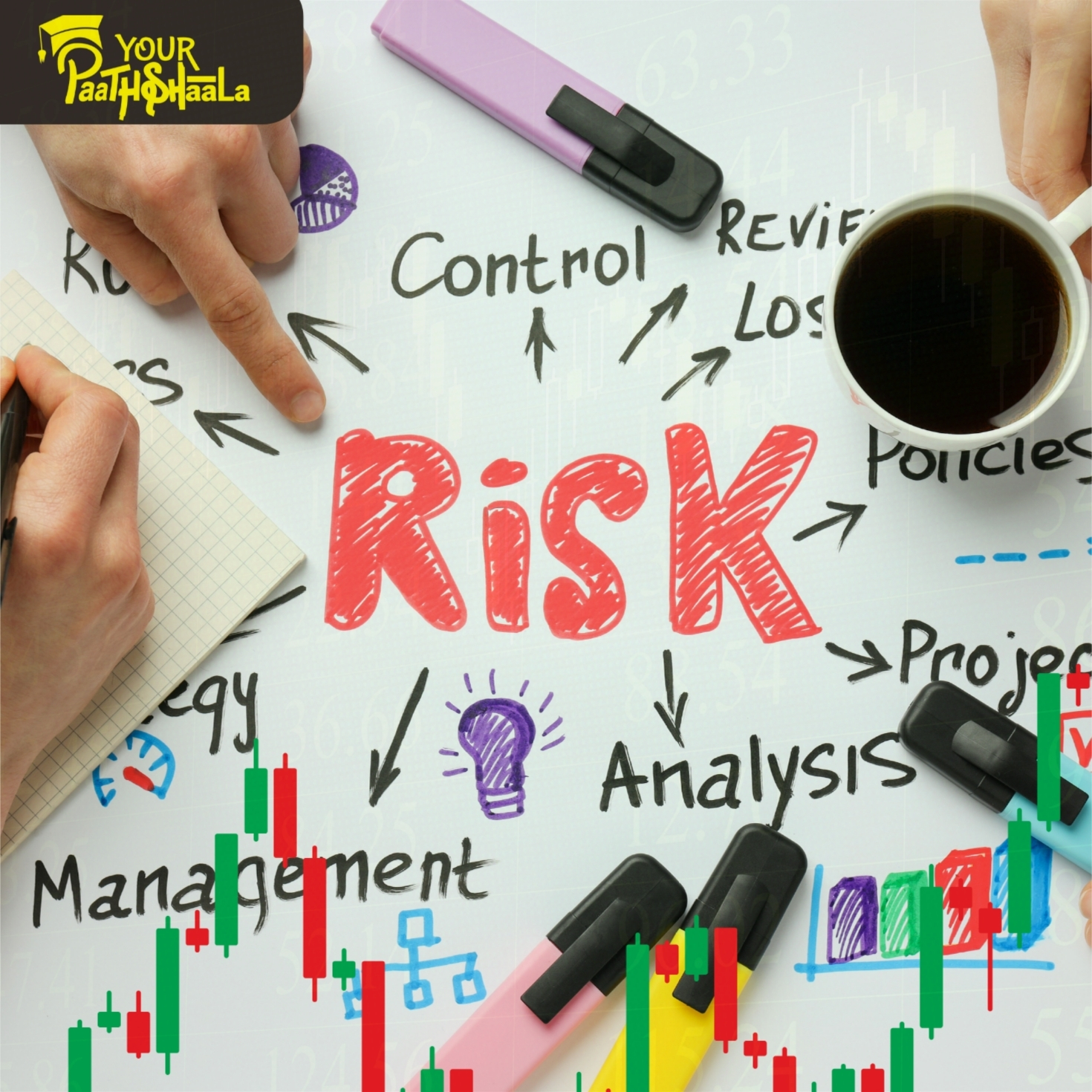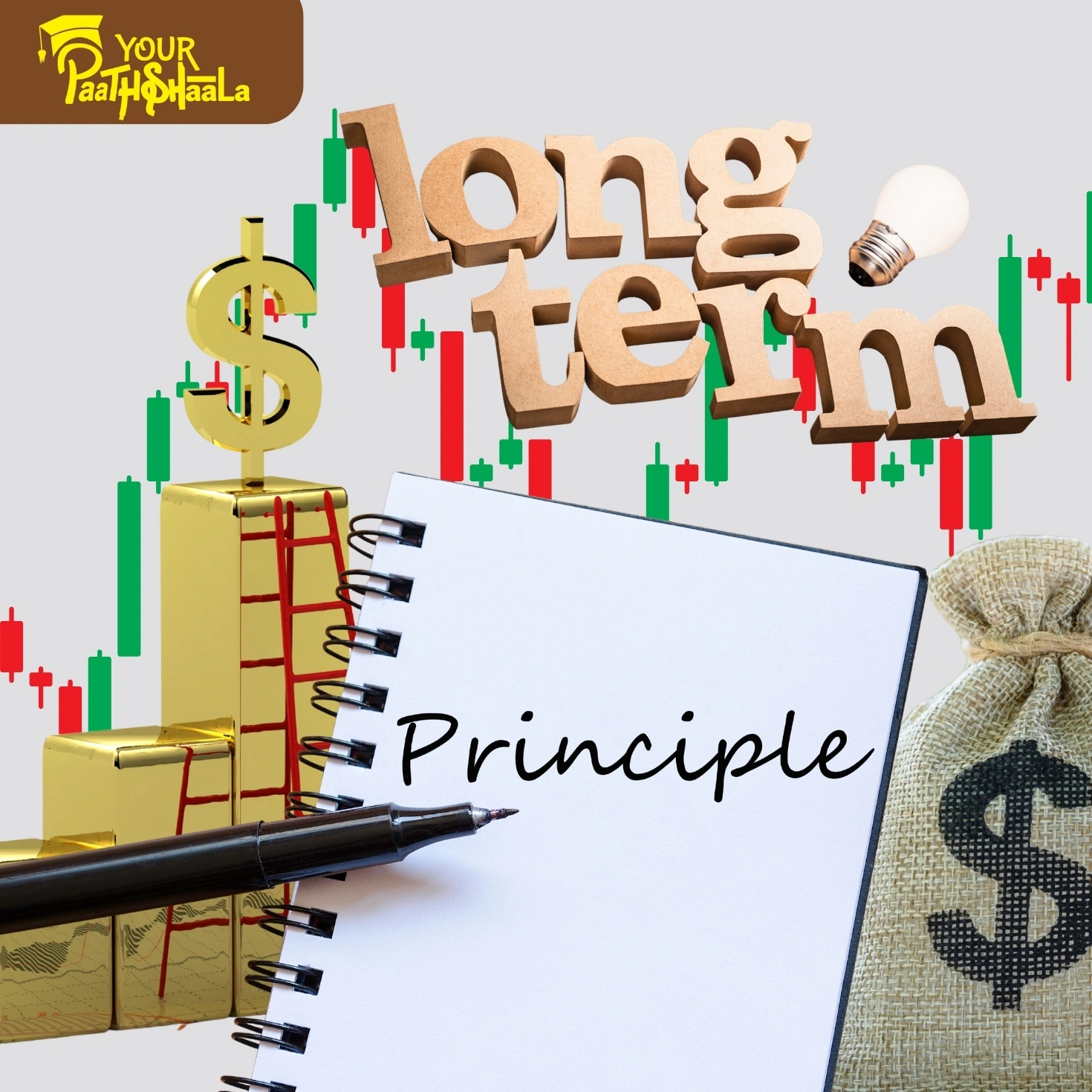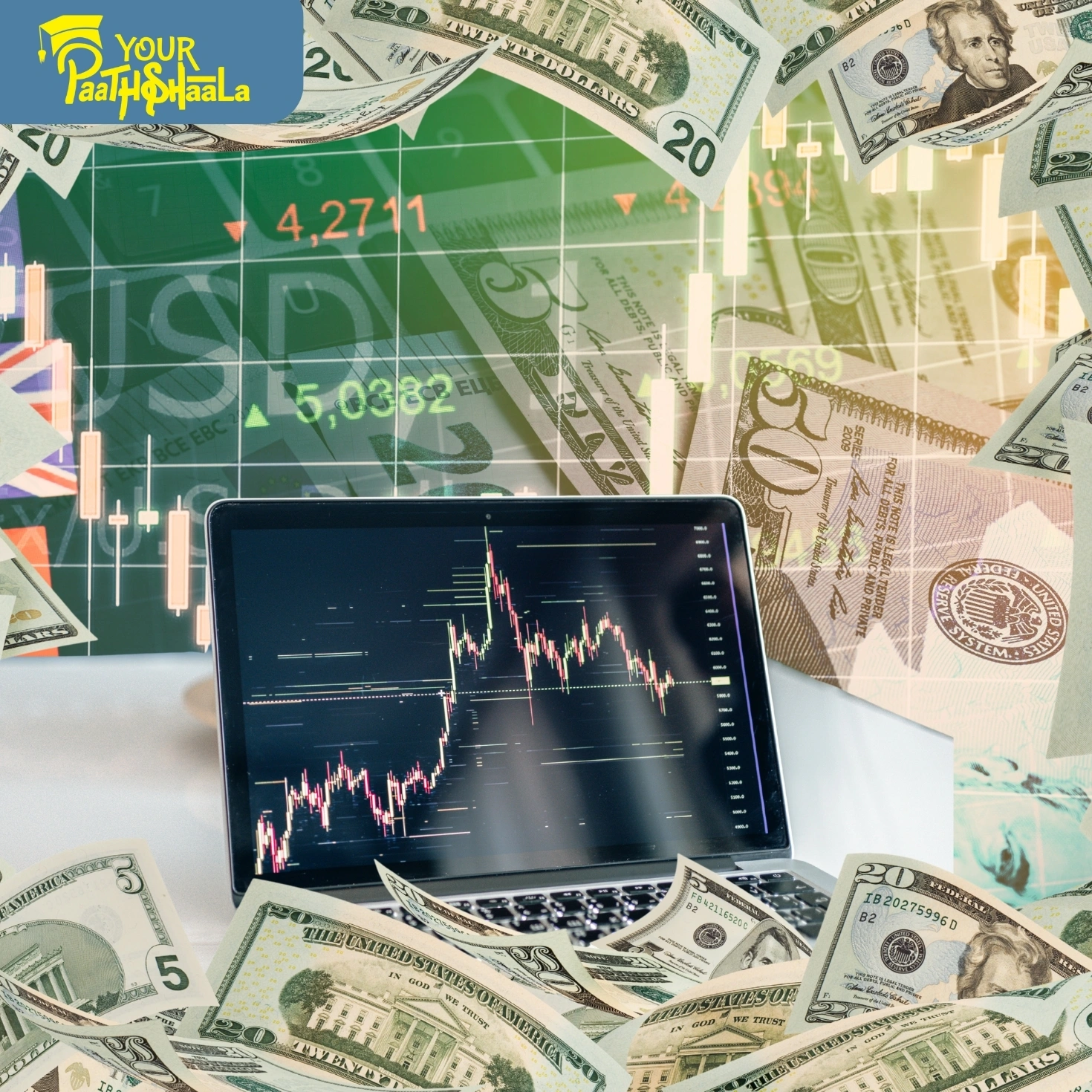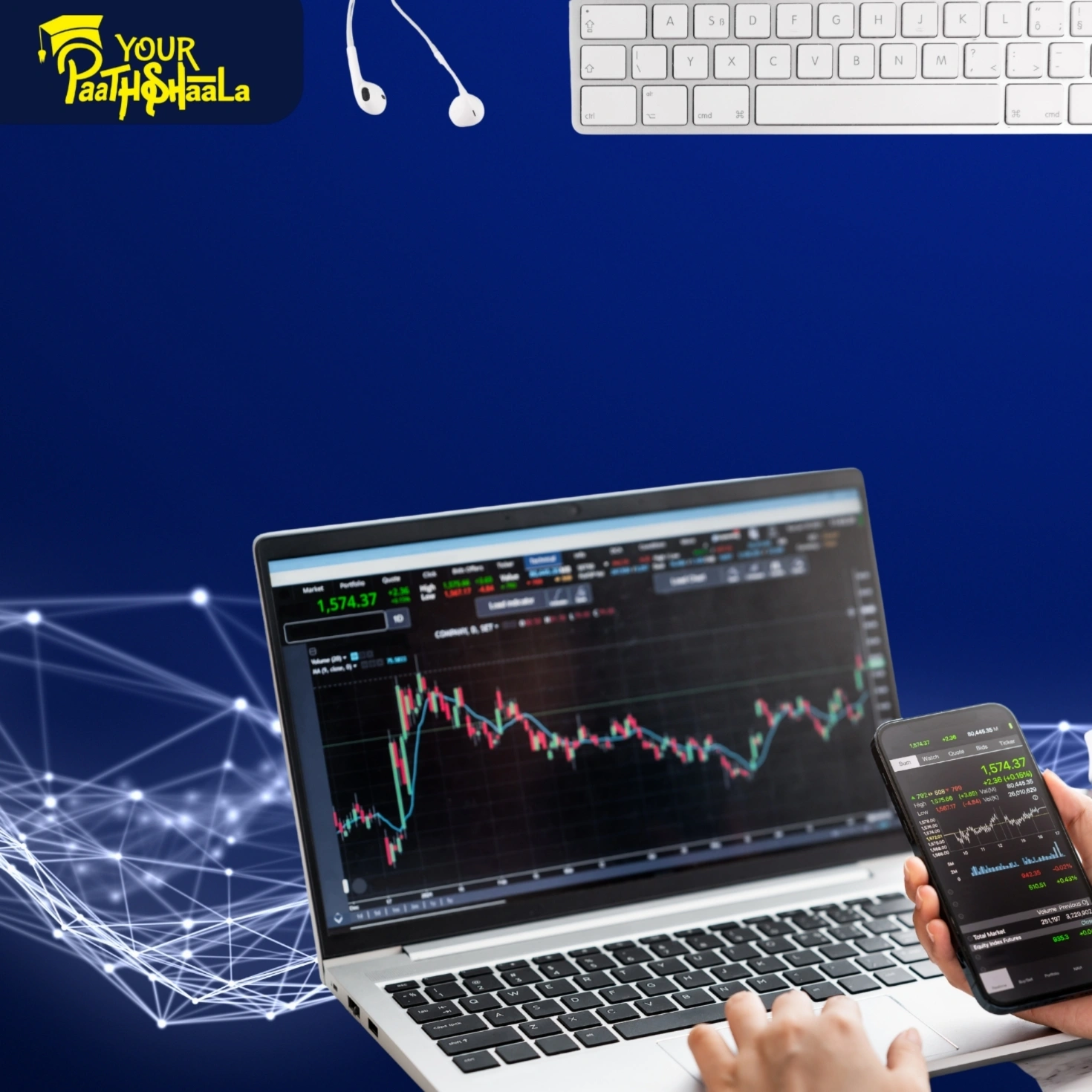Utilizing Economic Calendars for Trading: A Beginner’s Guide to Planning Profitable Trades
Economic calendars are one of the most powerful tools available to traders and investors. They provide a real-time schedule of key economic events—such as job reports, central bank meetings, inflation data, and GDP releases—that have the potential to move markets. Whether you trade stocks, forex, commodities, or indices, understanding how to use an economic calendar can help you anticipate market moves, manage risk, and make more informed trading decisions.
This comprehensive guide will walk you through what economic calendars are, why they matter, how to use them effectively, and how integrating economic reports into your trading strategy can give you a competitive edge.
What Is an Economic Calendar?
An economic calendar is a schedule of major financial events and data releases that are expected to impact the financial markets. These calendars are updated in real time and cover a wide range of events, including:
Central bank interest rate decisions
Employment reports (like the U.S. Non-Farm Payrolls)
Inflation data (CPI, PPI)
GDP growth figures
Retail sales and consumer confidence indexes
Trade balance reports
Manufacturing and services PMIs
Corporate earnings releases
Geopolitical events and government policy announcements
Economic calendars are available on most trading platforms and financial news websites, and they allow traders to filter events by country, importance, and asset class125.
Why Are Economic Calendars Important for Traders?
1. Anticipating Market Volatility
Economic events often trigger significant price movements, especially if the data deviates from market expectations. By tracking these events, traders can anticipate periods of increased volatility and plan their trades accordingly21.
2. Informed Decision-Making
Knowing when key reports are scheduled allows traders to make better decisions about when to enter or exit trades, set stop-loss levels, or adjust position sizes125.
3. Risk Management
Economic calendars help traders avoid being caught off guard by unexpected market swings. By preparing for high-impact events, traders can implement risk management strategies such as reducing exposure or using protective orders12.
4. Opportunity Identification
For active traders, economic events present opportunities to profit from rapid price movements. By understanding which events are likely to move the markets, traders can position themselves to capitalize on these swings24.
Key Economic Events to Watch
Not all events on the economic calendar have the same impact. Here are some of the most influential:
Central Bank Interest Rate Decisions: Affect currency values, bond yields, and stock indices.
Employment Reports: Non-Farm Payrolls (NFP) in the U.S., unemployment rates, and jobless claims are closely watched.
Inflation Data: Consumer Price Index (CPI) and Producer Price Index (PPI) influence expectations for future interest rates.
GDP Releases: Indicate the overall health of an economy.
Retail Sales and Consumer Confidence: Provide insight into consumer spending trends.
Trade Balance Reports: Affect currency values and can signal economic strength or weakness215.
How Economic Events Affect Different Markets
1. Currencies (Forex)
Currency pairs react directly to economic data from the countries involved. For example, a strong U.S. jobs report can boost the U.S. dollar against other currencies4.
2. Commodities
Commodities like oil and gold are sensitive to macroeconomic data and inventory reports. For instance, weekly oil inventory releases can cause sharp price movements in crude oil4.
3. Indices and Stocks
Stock indices reflect the overall economic environment. Positive economic data can boost indices, while negative surprises can trigger sell-offs. Sector-specific data (like housing starts) can impact related stocks4.
4. Bonds
Bond prices are influenced by data that affects interest rate expectations. Strong economic reports may lead to higher rates and lower bond prices, while weak data can have the opposite effect4.
How to Read and Use an Economic Calendar
Step 1: Select Relevant Events
Focus on the events that are most likely to impact your trading instruments. For example, forex traders should pay attention to central bank meetings and employment data from the countries of the currencies they trade12.
Step 2: Understand Market Expectations
Each event on the calendar will typically show the previous result, the forecast (market expectation), and the actual result when released. Markets often react most strongly when the actual data significantly deviates from expectations2.
Step 3: Prepare for Volatility
High-impact events are usually marked in red or with a high-importance icon. Be ready for increased volatility around these times. Consider adjusting your positions, tightening stop-losses, or even staying out of the market if you want to avoid risk125.
Step 4: Analyze Historical Impact
Look at how similar events have affected the market in the past. This can help you anticipate potential reactions and develop trading strategies based on historical patterns2.
Step 5: Integrate with Your Trading Strategy
Use the calendar to plan your trades, set alerts for important releases, and adjust your strategy based on upcoming events. For example, you might avoid opening new trades just before a major announcement or look for breakout opportunities after the data is released12.
Practical Example: Trading Around Economic Events
Suppose you’re trading the EUR/USD currency pair and see that the U.S. Non-Farm Payrolls report is scheduled for Friday at 8:30 AM EST. Here’s how you might use the economic calendar:
Before the Event: Reduce your position size or set tighter stop-losses to manage risk.
During the Event: Watch for the data release and compare the actual figure to the forecast. A much stronger-than-expected jobs number could strengthen the U.S. dollar, causing EUR/USD to fall.
After the Event: Look for trading opportunities as the market digests the news and volatility subsides124.
Risk Management When Trading Economic Events
Economic events can cause unpredictable price swings, including gaps and slippage. To protect yourself:
Use stop-loss and take-profit orders.
Avoid over-leveraging your trades.
Consider trading smaller sizes around major announcements.
Stay updated with real-time news feeds in addition to the economic calendar21.
Benefits of Using an Economic Calendar
Improved timing: Enter and exit trades at optimal moments.
Better risk control: Avoid surprises and manage exposure.
Enhanced strategy: Combine fundamental and technical analysis for a holistic approach.
Market awareness: Understand what drives price movements and anticipate trends125.
Tips for Beginners
Start your trading day by checking the economic calendar.
Focus on high-impact events relevant to your markets.
Practice observing how markets react to different data releases before trading real money.
Keep a journal of your trades and note how economic events influenced your results.
Stay flexible and ready to adjust your strategy as new information becomes available12.
Frequently Asked Questions
Q: Do I need to follow every event on the economic calendar?
No. Focus on the events that are most relevant to your trading instruments and strategy.
Q: Can I use economic calendars for long-term investing?
Yes. Long-term investors use economic data to assess the overall health of economies and adjust their portfolios accordingly2.
Q: What are the risks of trading around economic events?
Major risks include increased volatility, price gaps, and slippage. Proper risk management is essential21.
Q: Are economic calendars available for free?
Yes. Most trading platforms and financial news websites offer free economic calendars with customizable features15.
Conclusion: Make Economic Calendars a Core Part of Your Trading Strategy
Economic calendars are essential for anyone serious about trading. By tracking key events and understanding their potential impact, you can plan your trades more effectively, anticipate market moves, and stay ahead of the curve. Integrating economic reports into your strategy will help you manage risk, seize opportunities, and become a more confident and successful trader.
Ready to Take Your Trading to the Next Level?
If you want to master the use of economic calendars and other essential trading tools, consider enrolling in a professional stock market course.
Visit YourPaathshaala
Near 🏥 Anjali Children Hospital, Tagore Nagar, Mathpurena, Raipur.
📫 PIN code: 492001, Chhattisgarh
📞 Click the Call Now to contact us!
Unlock your trading potential with expert guidance and real-world strategies at YourPaathshaala—where your journey to smarter trading begins.

